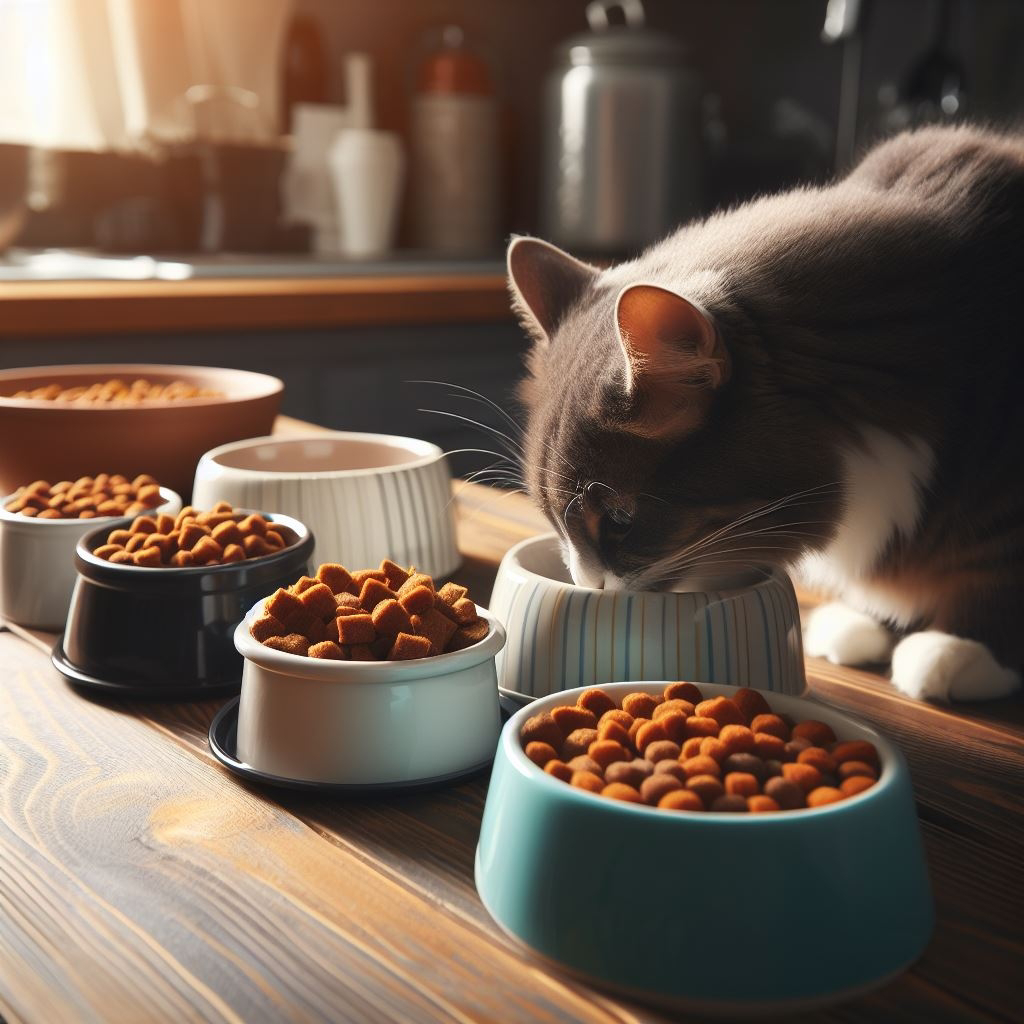Taking care of your queen in pregnancy: stages and aspects of cat gestation period
Here's an overview of the key stages and aspects of a cat's pregnancy:
1. Mating and Fertilization:
- Female cats (queens) become receptive to mating when they are in estrus, also known as being "in heat."
- Mating involves copulation, and the male cat's sperm fertilizes the eggs in the female's reproductive tract.
2. Implantation:
- After fertilization, the embryos move into the uterus and attach to the uterine lining, a process known as implantation.
3. Gestation Period:
- The gestation period for cats is approximately 63 days, although it can range from 60 to 70 days.
4. Physical Changes:
- As the pregnancy progresses, there are physical changes in the queen. These may include enlargement of the abdomen and changes in nipple color and size.
5. Behavioral Changes:
- Pregnant cats may exhibit changes in behavior, such as increased affection or, in some cases, a desire for more solitude.
6. Increased Appetite:
- A pregnant cat's appetite may increase, and she may need additional nutrients to support the developing kittens.
7. Nesting Behavior:
- As the due date approaches, the queen may display nesting behavior, seeking out quiet and secluded areas to give birth.
8. Ultrasound and Veterinary Care:
- Veterinary visits are essential during pregnancy. An ultrasound can confirm the pregnancy and estimate the number of kittens.
9. Labor and Birth:
- Labor typically begins with uterine contractions. The queen may become restless and exhibit signs of discomfort.
- The birth process, known as parturition, involves the expulsion of kittens. Queens often clean and stimulate the kittens to encourage breathing.
10. Postpartum Care:
- After giving birth, the queen requires a quiet and secure environment. Proper nutrition and access to fresh water are crucial during this time.
- Kittens will nurse from their mother for several weeks before gradually transitioning to solid food.
It's important for cat owners to provide supportive care during and after pregnancy.
If you suspect your cat is pregnant or if you have any concerns, consulting with a veterinarian is recommended for proper guidance and care. Additionally, responsible pet ownership may involve considering spaying to prevent unwanted litters.
If you suspect your cat is pregnant or if you have any concerns, consulting with a veterinarian is recommended for proper guidance and care. Additionally, responsible pet ownership may involve considering spaying to prevent unwanted litters.
thanks
see you again.


Comments
Post a Comment